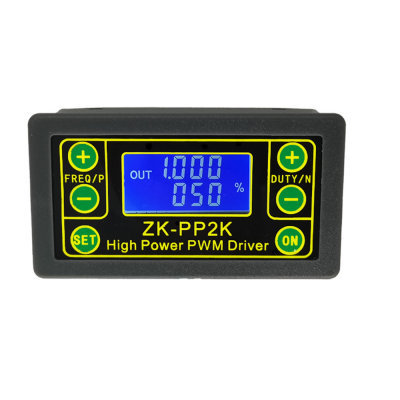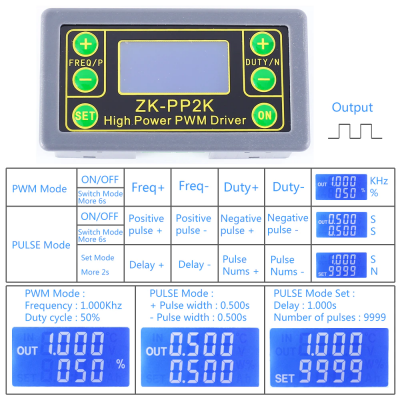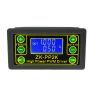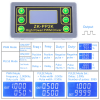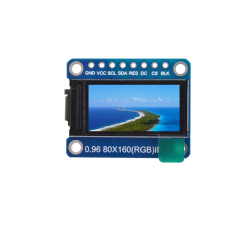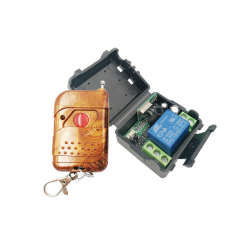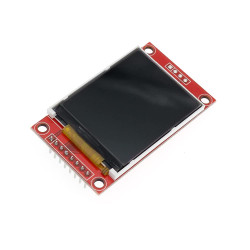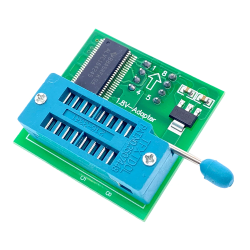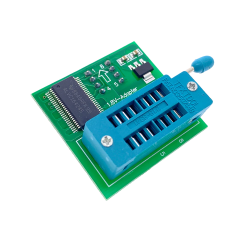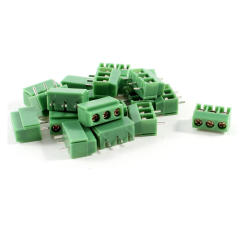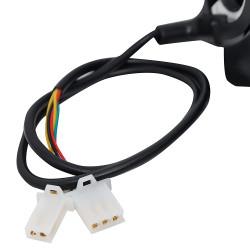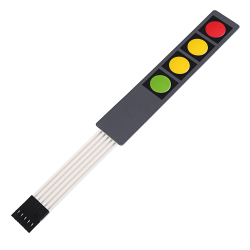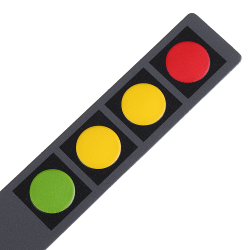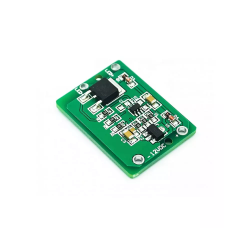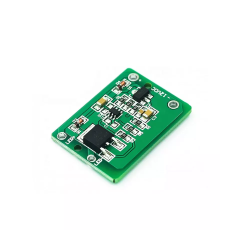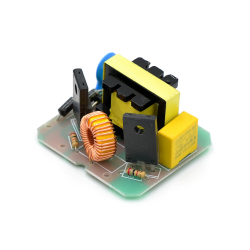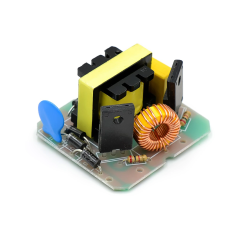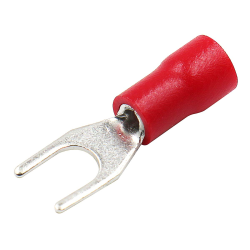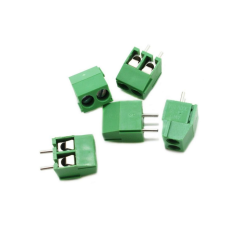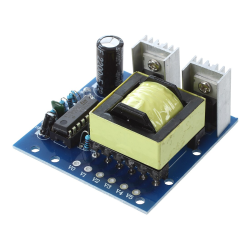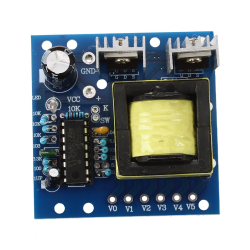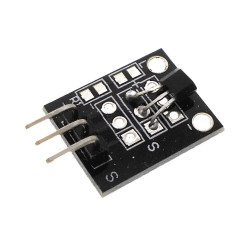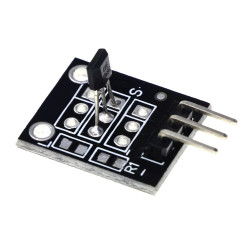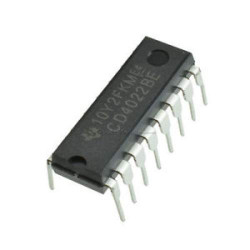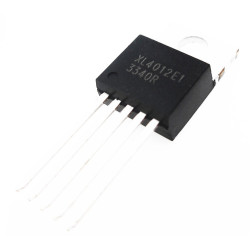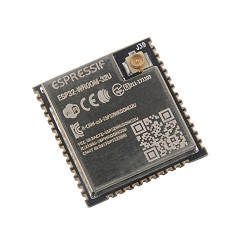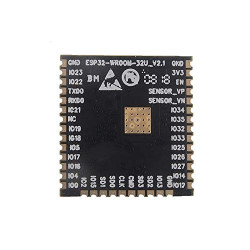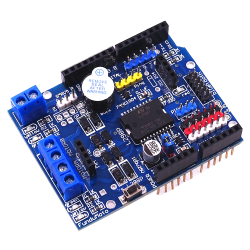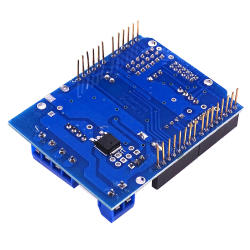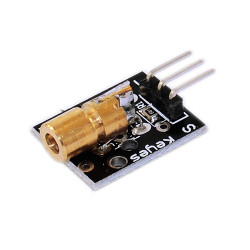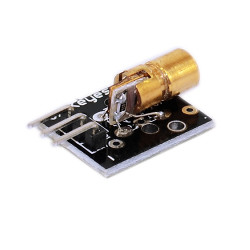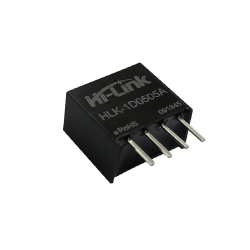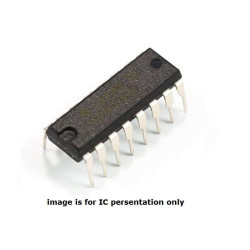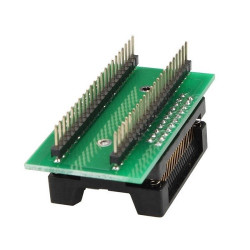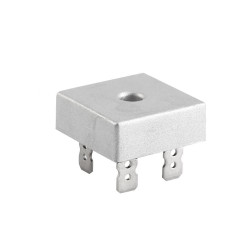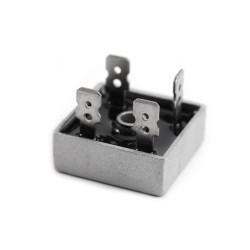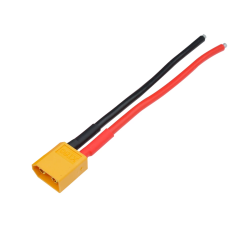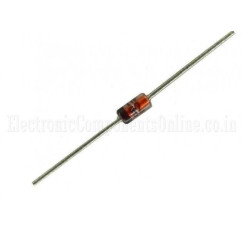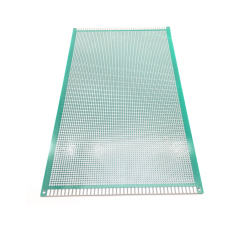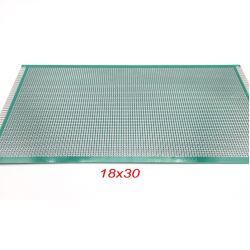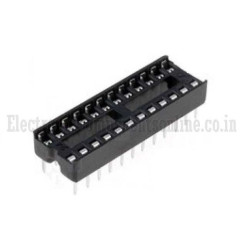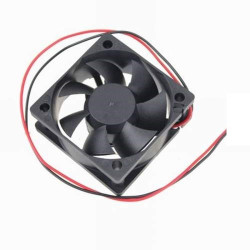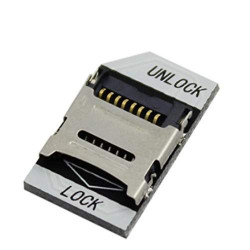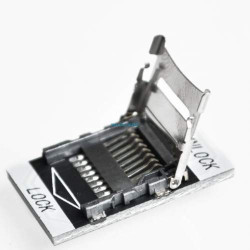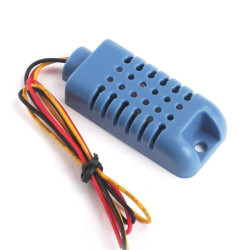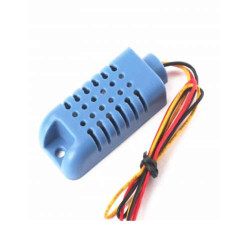- Stock: In Stock
- Brand: xcluma
- Model: BE-002739
- Weight: 43.00g
- SKU: BE-002739
- MPN: BE-002739
Features:
• Drive LED, motor, solenoid value and other loads directly.
• Can be used to adjust frequency and duty cycle, fit for regulating the
brightness of LED and the motor's speed.
• Two modes can be choosing: PWM: regulating frequency (continuous) and duty
cycle.
• The number of pulses cannot be set in this mode, and the pulse is cycle on or
off. PULSE: positive pulse width time, negative pulse width time, power-on
delay start time, and number of pulses are adjustable with start and stop
button, can control the output and stop of the signal.
• Widely used in industrial DC motor speed regulation, industrial conveyor belt
speed regulation, lighting and lighting mediation, computer power supply
cooling, DC fans, etc..
Specification:
• Model: ZK-PP2K
• Material: PVC and Fibre glass board
• Working voltage: 3.3-30V
• Frequency range: 1Hz-150KHz, the accuracy is about 2%. Motor speed control
generally chooses 20KHZ.
• Duty cycle range: 0-100%, 1% stepping.
• Number of pulses: 1-9999, or infinity (display '----' stands for infinity).
• Delay output time: 0.000s-9999s, the minimum can be set 1ms.
• Positive and negative pulse
• width length: 0.000s-9999s, the minimum can be set 1ms.
• Output load capacity: less than 8A (MOS switch tube).
• Output amplitude: The amplitude is equal to the supply voltage (OUT+ is
directly connected to the V+ module).
• Colour: As picture shown
• Quantity: 1 Pc
Module
description:
I Button operation instructions:
• 1. MOS tube switch type output, no waveform;
• 2. The number of open times reaches the set value, the output is
automatically stopped, and 'out 'disappears;
• 3. Press the On button to control the start and end of the output. OUT
disappears to indicate no output, Output shutdown;
• 4. Power-on reset of ON button to turn on the output, recalculate the number
of open times;
II PWM mode (display has "%" for PWM mode)
• 1. The factory default mode is PWM mode, FREQ+ and FREQ-key set frequency,
DUTY+ and DUTY-button set duty cycle; short press STOP button control signal
output or stop, stop output is 0, the screen displays "OUT" mark as
There is output, otherwise it stops output; the default factory frequency is
1KHZ and the duty cycle is 50%.
• 2. If you want to switch to PULSE mode, long press the SET button (more than
6 seconds), do not release, you will see the screen change, "%”
disappears, it is PULSE mode.
III PULSE mode (No "%" on the right side of the display is PULSE
mode)
The line above the LCD screen displays the positive pulse width time. The P+
and P- buttons set the parameter. The line below the LCD screen displays the
negative pulse width time. The N+ and N- buttons set the parameter. Press the
STOP button to control the signal output or stop.
• When the output is stopped, the output is 0. The screen displays
"OUT" for output, otherwise it stops output; the default factory
positive pulse
width is 0.5 seconds and the negative
pulse width is 0.5 seconds.
• Pulse number and delay time setting - In PULSE mode, press and hold the SET
button for 2 seconds and then release, enter the pulse number and delay time
setting interface, the screen displays SET, it will be turned off and cleared
after entering. ; P+ and P- buttons set the delay time, N+ and N- buttons set the number of pulses, the
factory default delay time is 0 seconds, the number of pulses is infinite
(display ----); then press SET button 2 In seconds, it will automatically
return to the pulse interface, press the STOP button, after the delay setting
time, start to issue the set number of
pulses. If the number of pulses is sent, it will automatically output 0. If the
period is not sent, pressing the STOP button will turn off.
• The output pulse is turned off and cleared, and the set number of pulses is
issued each time it is started.

